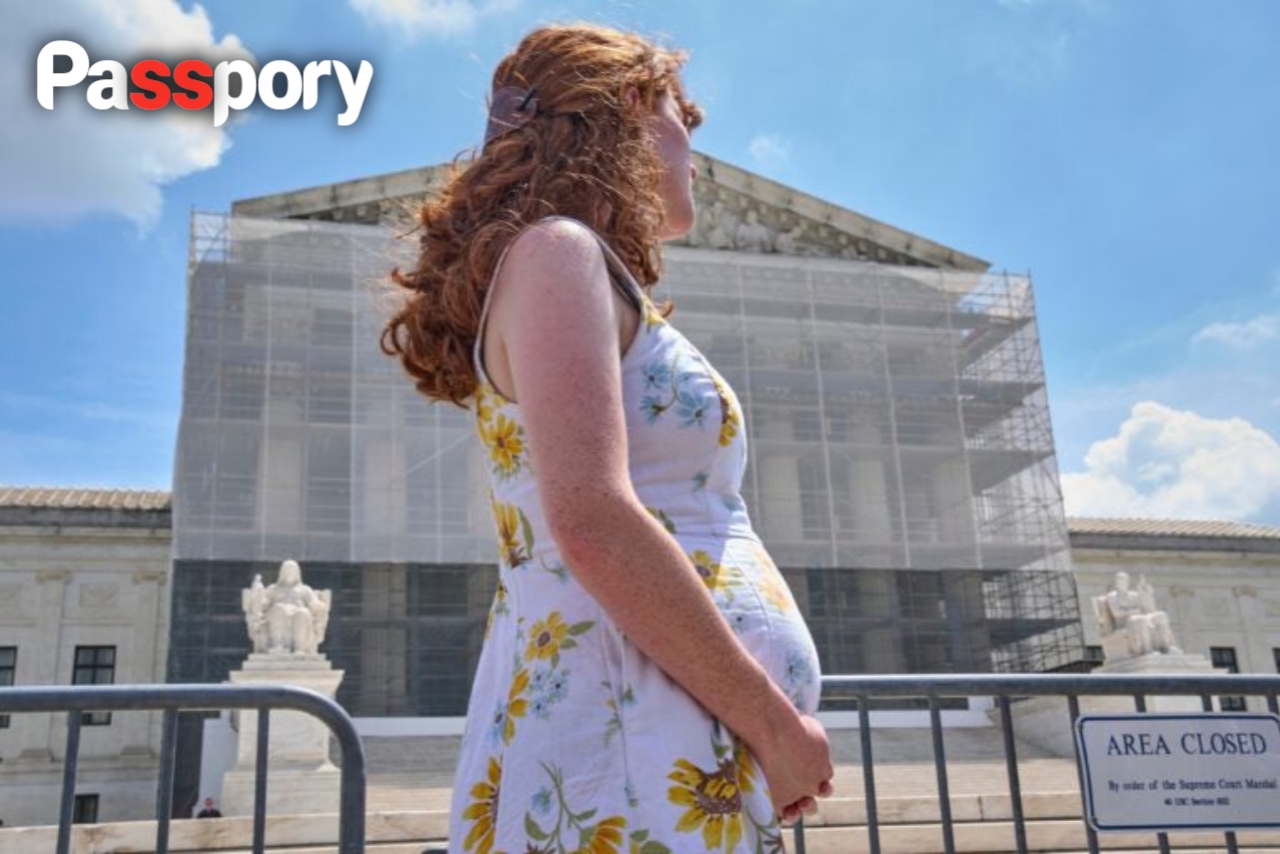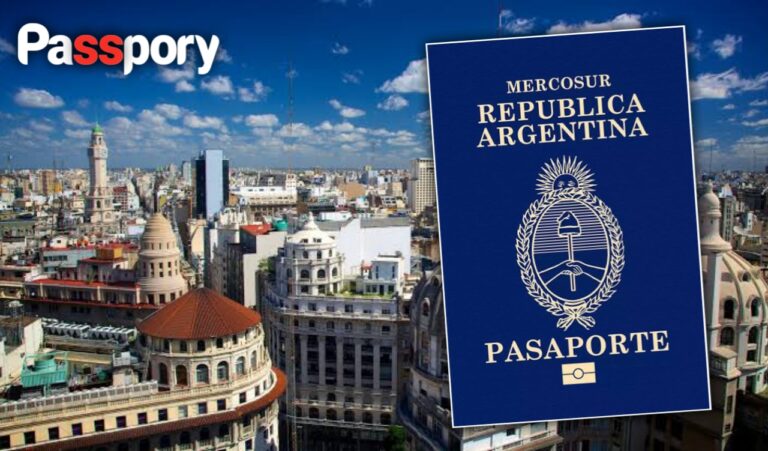Birthright citizenship, also known as jus soli (right of the soil), refers to the legal right to acquire citizenship simply by being born in a particular country.
While many nations grant citizenship based on bloodline (jus sanguinis), a significant number of countries still follow the principle of jus soli, offering automatic citizenship to children born on their soil—regardless of their parents’ nationality.
2. The United States: A Prime Example
The United States is perhaps the most well-known country offering unconditional birthright citizenship. Under the 14th Amendment of the U.S. Constitution, any person born in the U.S. is automatically granted U.S. citizenship, even if the parents are not citizens. This policy has made the U.S. a popular destination for birth tourism, where parents travel specifically to have their child born on American soil.
3. Canada: Open and Welcoming
Canada also follows unconditional jus soli citizenship. Every child born in Canada becomes a Canadian citizen at birth, regardless of the immigration status of their parents. Canada’s birthright citizenship policy reflects its broader immigration-friendly policies and multicultural outlook.
4. Latin American Countries Leading the Way
Several Latin American countries, including Argentina, Mexico, Brazil, and Chile, offer unconditional birthright citizenship. This practice stems from their constitutional principles that emphasize equal rights and the importance of national unity. For example, Brazil grants citizenship to anyone born in its territory, regardless of the nationality or legal status of the parents.
5. Caribbean Nations and Their Policies
Many Caribbean nations, such as Jamaica, Barbados, and Trinidad & Tobago, also provide citizenship by birth. This policy has been beneficial in shaping diverse and inclusive societies across the region. It also simplifies legal status and offers social benefits for children of immigrants and refugees.
6. African Countries Offering Birthright Citizenship
A few African countries maintain some form of jus soli. Tanzania and Lesotho, for instance, offer birthright citizenship under certain conditions. While not as widespread on the continent, the practice does exist in select nations, particularly where colonial legal frameworks had strong influence.
7. Exceptions and Restrictions
It’s important to note that some countries impose exceptions. For example, while most children born in countries like the U.S. and Canada get automatic citizenship, diplomats’ children may be excluded. Meanwhile, countries like the UK, Australia, and New Zealand have moved away from unconditional birthright citizenship, now requiring at least one parent to be a citizen or legal resident.
8. Final Thoughts: Why It Matters
Birthright citizenship remains a powerful tool for inclusion, especially in societies built on immigration. It prevents statelessness, promotes equality, and ensures every child born in the country starts life with full legal rights. As the global debate around immigration and nationality continues, the list of countries offering birthright citizenship serves as a testament to those that value human rights from the moment of birth.









